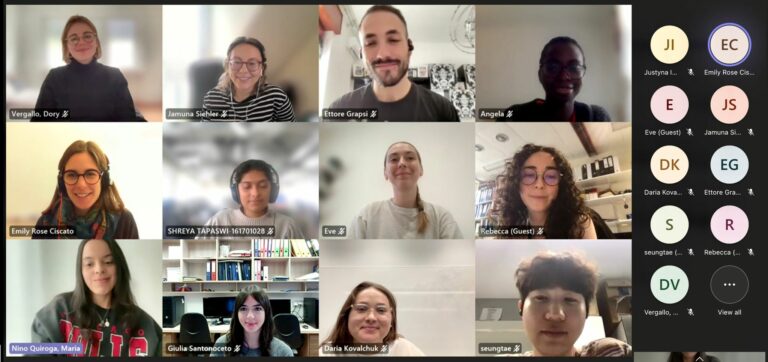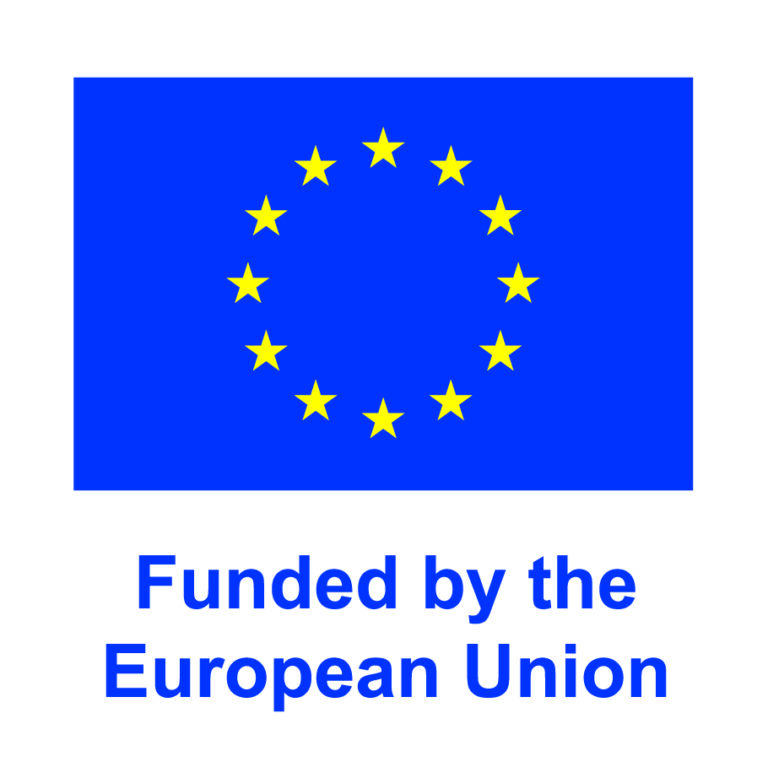
Creating a more equitable future in research: Gender equality workshop for our MITGEST Doctoral Candidates
On the 24th of October and the 7th of November, our Doctoral Candidates (DCs) participated in a workshop led by Dr. Emily Rose Ciscato and Jamuna Zarah Lea Siehler from Accelopment. The workshop focused on gender equality in research and was divided into two parts, each exploring different aspects of the topic.
The first session addressed the issue of gender equality in academic research. The session explored various facets of gender equality in research, including the vital role of diverse perspectives in shaping the future of science. It emphasized the importance of recognizing and addressing the challenges and barriers faced by underrepresented groups in academia, including female researchers. In this session, the participants engaged in multiple activities designed to help them understand and acknowledge their unconscious biases. These biases can occur from assigning certain attributes to specific genders or assuming a pattern. The session highlighted the fact that everyone has some unconscious bias in some form. Therefore, it is essential to acknowledge and understand how it affects individuals and their actions. The session also showed how these biases can occur from a very young age, as demonstrated in the video shown during the session.
The second session focused on the importance of gender bias during researchers’ work in particular during the hiring. It emphasized that recommendation letters can play a significant role in promoting equality. The workshop provided guidelines to help mitigate bias by focusing on candidates’ skills, accomplishments, and qualifications, and avoiding stereotypical language. Additionally, reviewing and editing recommendation letters with an emphasis on fairness and equal treatment can help combat gender bias and ensure that all candidates are evaluated based on their merit, rather than their gender. The participants also discussed the different gender equality plans across the DC’s hosting institutions in MITGEST. These plans provide a structured framework to promote fairness and inclusivity. They help identify and rectify gender disparities, fostering a more diverse and equitable environment.
The second part of the workshop addressed the importance of gender-sensitive research. This approach ensures that the unique challenges, perspectives, and needs of different genders are acknowledged and addressed, leading to more comprehensive, unbiased, and relevant findings. Ultimately, this fosters a fairer and more inclusive world. Generating gender-sensitive research not only includes fair hiring but also the use of equal-gendered samples, and the recruitment of equal genders in clinical trials. It is then making a conscious decision about whether there is a gender difference within your research and using appropriate terminology. The DCs learnt about words used in workspace which are commonly associated with gender and how to make them neutral and inclusive, creating a more comfortable and friendly environment. In conclusion, the Gender Equality in Research Workshop served as a valuable platform for raising awareness and sharing knowledge. It highlighted the need to create a more equitable and inclusive research environment that promotes gender equality.
To ensure gender equality in practice, individuals and organizations should take concerted efforts, including promoting diversity and inclusion, addressing pay gaps, and providing equal opportunities for career advancement. Education and awareness-raising on gender bias and stereotypes are essential. Creating policies and practices that support work-life balance and childcare responsibilities can also play a significant role. Overall, the workshop emphasized the commitment required from individuals and organizations to dismantle gender-based discrimination and foster an inclusive environment in every aspect of life. It’s essential to embrace the notion that gender equality in research is achievable and work together to become catalysts of change, advocates for inclusivity, and champions of a more equitable future in research.
Stay tuned for more updates from the MITGEST project and share our stories on social media.
The news item was written by MITGEST DC2 Eve Harding, DC3 Dory Vergallo, DC4 Maria Valentina Nino and DC8 Rebecca Lasalandra.






